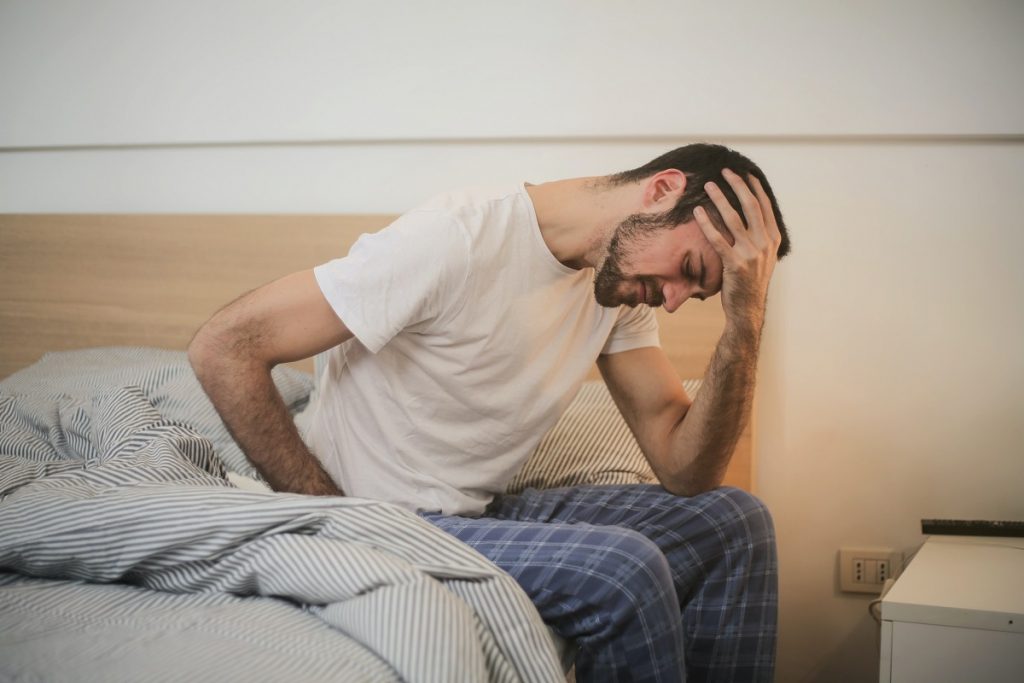Migraines are not your typical headaches. The pounding pain, sensitivity to light and sounds, and nausea simply make you want it to completely go away. This neurological condition can be debilitating, having a significant impact on the daily lives of some people.
According to the Migraine Research Foundation, migraine is among the most common conditions worldwide. In the U.S., almost 12 percent of Americans suffer from migraines. Migraines can run in families. Young and old, both could suffer from this condition.
What Is Migraine?
Migraine is a recurring type of headache. It can cause moderate to severe throbbing pain on one side of the head. Common symptoms of migraine include nausea, sensitivity to lights or sounds, and weakness. Around one out of five women and one out of 15 men are affected by this health condition.
Migraine usually begins during early adulthood, and each person has different triggers. Nonetheless, these are a few of the common culprits:
Common Migraine Triggers
Stress. Stress is said to be the biggest culprit of migraines. A study revealed that there is a strong correlation between daily stress levels and daily migraine activity.
Irregular sleeping schedule. Sleep and migraine episodes are undeniably connected. When you sleep, your body renews and repairs its tissues, including your brain. Thus, when your sleeping pattern becomes irregular, you are prone to migraine attacks.
Hormones. Countless research has shown that women are three times more likely than men to develop migraine. Moreover, 75 percent of women reported that they usually experience migraine attacks around the time of their period.
Dehydration. Insufficient water intake could also trigger a migraine. For some, even the slightest hint of dehydration could result in an exhausting severe headache.
How to Deal With These Migraine Triggers
1. Rest in a Quiet, Dark Room
A number of people reported that certain lights or sounds trigger their migraine episodes. To relieve migraine pain, sleeping in a dark and quiet bedroom could do the trick. Though not all headaches could be cured by sleep, the hormones released in our brain during sleep could help ease the pain.
2. Try Acupressure
Acupressure could also help ease migraines. This ancient Chinese therapy involves the application of pressure in certain parts of our bodies. By targeting specific points, muscle tensions are released and body pain is alleviated.
Try applying acupressure on the space between the base of your pointer finger and left thumb. Gently apply circular pressure on this area, as this could relieve headaches.
3. Change Your Diet

For a number of people, certain foods trigger a migraine. These include red wine, chocolates, caffeine, and processed foods. Changing your diet and eating pattern could help avoid triggers that could cause migraines. Consider keeping a food diary to determine potential triggers.
4. Use Essential Oils
Essential oils are also said to help give instant relief from migraines. According to a study published in European Neurology, lavender oil could help minimize the severity of migraine in some people. It is not surprising, given that lavender is often recommended as a stress and anxiety remedy.
5. Botox Treatment
Botox or botulinum toxin is not just to look eternally young and beautiful, but it can also be used for treating migraine caused by muscle tension. It is injected into identified trigger points to help relax the muscle and reduce pain. So if you are prone to severe migraine episodes, consider getting botox specials.
6. Stress Management
Stress is one of the common triggers of migraines. When you are always stressed, migraine pains may worsen, and this triggers another migraine creating a vicious cycle. Consider finding outlets to manage stress. It could be exercising, meditation, or journaling. Even a walk around the block could help relieve stress.
7. Try Yoga or Stretching
There are plenty of benefits of yoga. Aside from toning your body, it helps improve blood flow and reduce muscle tension. Given this, people prone to migraines should consider taking yoga classes to help relieve migraine symptoms.
Research has shown that you get optimal relief from migraines when you combine conventional treatment and yoga practice.
8. Stay Hydrated
Staying hydrated is another key to relieving migraines. As mentioned, not getting enough water in your body is a known migraine trigger. To avoid severe migraines, consider drinking the recommended water intake per day and avoid food and drinks that cause dehydration.
Home remedies are good, but to properly address severe migraines, opt to consult your doctor or migraine specialist. With the right treatment regimen and natural remedies, you can beat this debilitating health condition.
